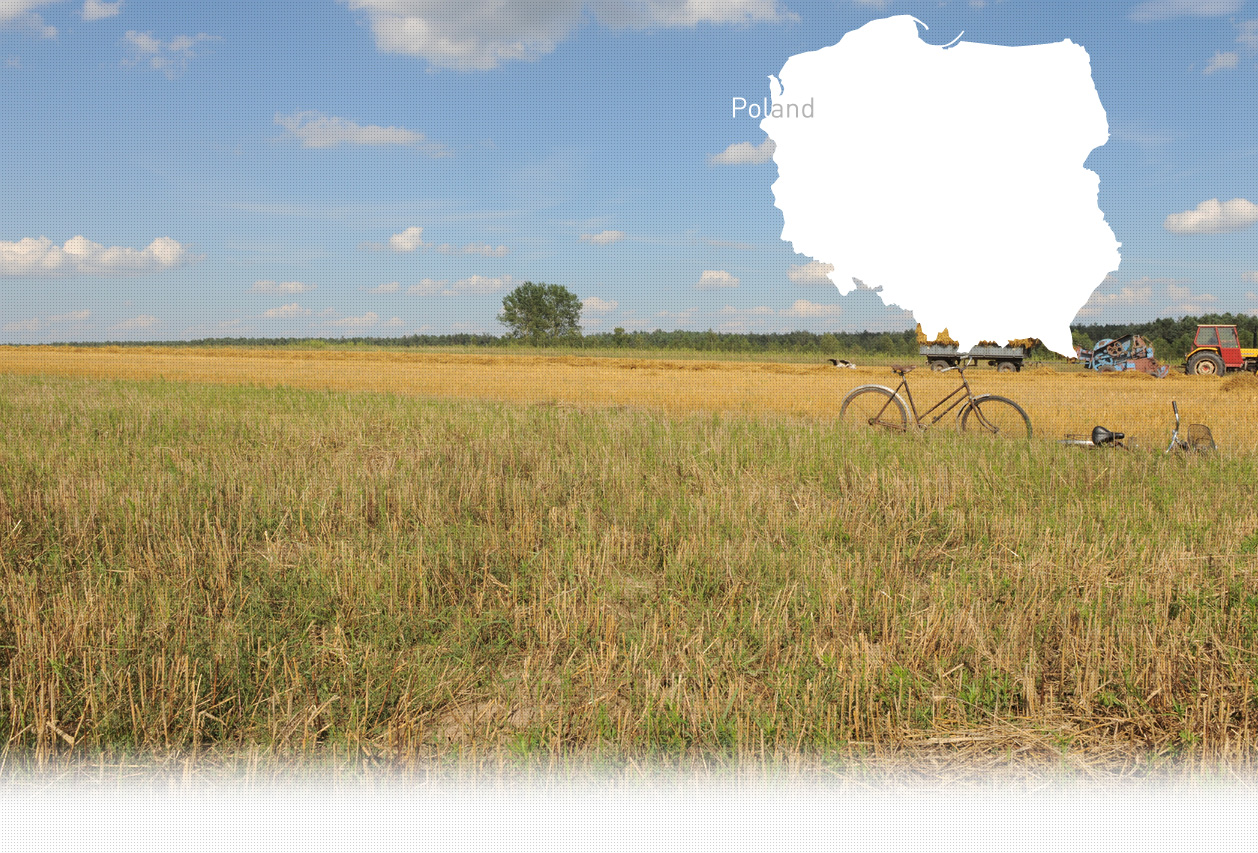

1 Sitio(s) de ejecución
Zofia, born in 1929: “When they were shooting the Jews in Boszczynek, there were five of us watching it. […] The car [with the Jews] pulled up, we run to the field, and watched [from a hill]. They were screaming: “Ay way! Ay way!” When one was shot, he would fell into the pit, then another one was shot, and they were all yelling. [...] YIU: How many people were there? Z: About 15 people, there were quite a lot of Jews. YIU: Were they only men or women and children, too? Z: Yes, there were some, too. [...] YIU: Where did they take them from? Z: From Boszczynek, to Boszczynek, to kill them there. They were taken from that koza that was created, a building that belonged to gmina [local administration].” (Witness N°1211, interviewed in Przybenice, on December 11, 2020).
"In the Autumn of 1943, 18 Jews were shot and buried in a pasture field in Boszczynek near Przybenice."[Court Inquiries about executions and mass graves in districts, provinces, camps and ghettos-Ankieta Sądów Grodzkich. RG-15.019]
“There were 27 people hiding in the brickyard near Borzynek [Boszczynek] […]. It seems that as a result of a denunciation the Germans and Polish police surrounded the brickyard and took the people to prison in the evening. On the next day, November 22, 1942, they were taken to the field and shot on the run. The witness was the chairman of GŻ [Jewish Community] in Kazimierza Wielka who hid in the house of wójt [village leader].” [Testimony of Henryk Spannlang (b. 1914) from April 10, 1946 on events in Kazimierza Wielka (Pinczów powiat), Boszczynek and Parzmiechów; Archive of the Jewish Historical Institute: 301/1736]
Boszczynek is a village in the Boszczynek gmina [community] in the Pinczów powiat [district], located 70 km south of Kielce. Before the war, gmina [the community] included several villages, one third of them were inhabited by the Jews. According to the 1921 census, in the Boszczynek gmina [district there] lived 4,600 inhabitants, among them 124 Jews. A witness interviewed by Yahad mentions a 2-class school in the Boszczynek village, attended by both Poles and Jews; but no specific Jewish families living in the village are mentioned. In the nearby Skalbmierz town some 600 Jews lived, making up 35% of the population. The whole Pinczów area was inhabited by the Jews for a few centuries. In 1931, they numbered nearly 13,000 which consisted of 10% of the population. The biggest Jewish community, which developed in the 18th and 19th c., was in the town of Działoszyce, some 10 km north of Boszczynek. More than 5,000 Jews lived there making over 80% of the population.
In September 1939, the Pinczów area became part of Kreishauptmannschaft Miechów in the Kraków District, a part of the General Government. The Germans were stationed in towns and villages. According to a testimony collected by Yahad, in Boszczynek there was a soldier named Olszewski. There was also a fire station. In 1940 and 1941, many Jewish refugees, mostly from Kraków, settled in the towns and villages in the Miechów area, mostly in Działoszyce and Wolbrom. In 1942, the Jewish quarters were established in the towns. There is very little information on the Jews staying in the countryside, including in the Boszczynek area. It is known that in July 1941, they were ordered to leave their houses. Extermination of the Jews in the Miechów area began in August 1942. 15,000-18,000 people were sent to the Bełżec death camp, 1,500-2,500 to labor camps. The sick, elderly, women, and children were shot in large scale cemeteries and forests. The biggest executions took place in Działoszyce, Wolbrom, and Skala. The estimated numbers of victims killed this way could be up to 3,500. Those who hid were successfully tracked down, caught, and killed. During the second deportation action, which took place in November 1942, 6,000-7,000 Jews were still in the area. Many were killed in small executions or sent to labor camps. In Boszczynek, Jews were hiding, too. According to testimony, on November 22, 1942, a group of 27 Jews hiding in a brickyard were denounced, taken to a prison, and killed on a field the next day. Two witnesses interviewed by Yahad testify to a similar execution. The Jews were first gathered in koza, a local prison, a building belonging to the Boszczynek authorities, and kept there for a week, under a survey of the local peasants. Then, they were taken on a carriage to a private field. The Jews, including women and children, were shot above a pit where their bodies were buried. The execution was conducted by the Germans. A Pole, named Boberek, who was a partisan, was killing the wounded. The Jews were probably from the nearby Topola village. Another testimony mentions 18 Jews who were executed on a pasture field in the autumn of 1943.
¿Tiene información adicional con respecto a un pueblo que le gustaría compartir con Yahad?
Por favor contáctenos a contact@yahadinunum.org
o llamando a Yahad – In Unum at +33 (0) 1 53 20 13 17